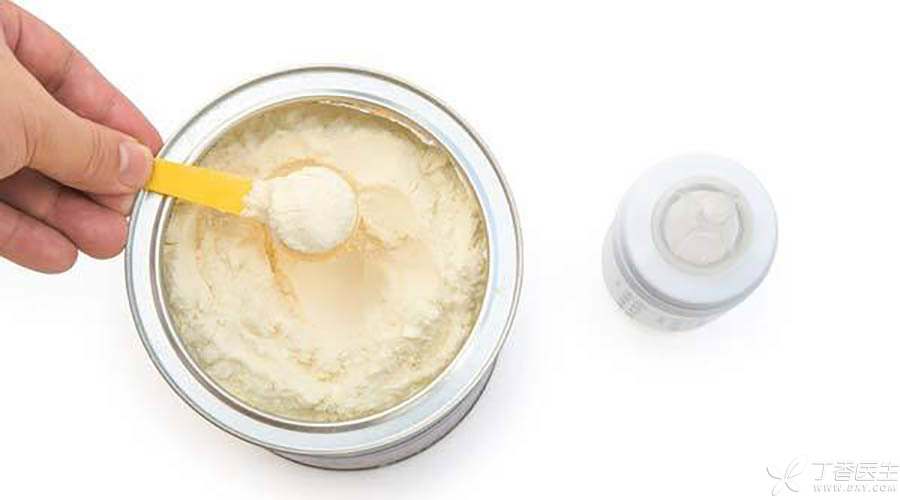
Today’s topic is: brewing milk powder.
There will certainly be many parents saying: What? It’s not easy to wash milk powder. I have to do it eight or nine times a day. I can do it when I close my eyes.
Parents can do it, which doesn’t mean everyone is doing the right thing.
@ Qingqing Grassland
My baby wakes up at night, and the old man in the family thinks that she does not have enough to eat, so she will add a little more milk powder before going to bed, so should it be no problem?
@ Yi
Babies don’t like to drink milk powder. They can only drink 50 ML at a time. They are thin and small. Is it equivalent to giving babies more milk powder if I make it thicker?
@ sisilee
It is said that babies under 6 months old cannot be fed water. I always feel that babies sweat and lack water. Can you add more water to make up for it when brewing milk powder?
… …
The core of these problems lies in the concentration of brewed milk powder, either too thick or too thin. This kind of practice seems very common and is also [for baby’s consideration], but in fact it is not beneficial to the baby or even harmful to health. In particular, the milk powder is too thick, which is more harmful.
Let’s listen to what Hong Ying, the national senior nursery teacher, said.
The milk powder is too strong, which is harmful to the baby.
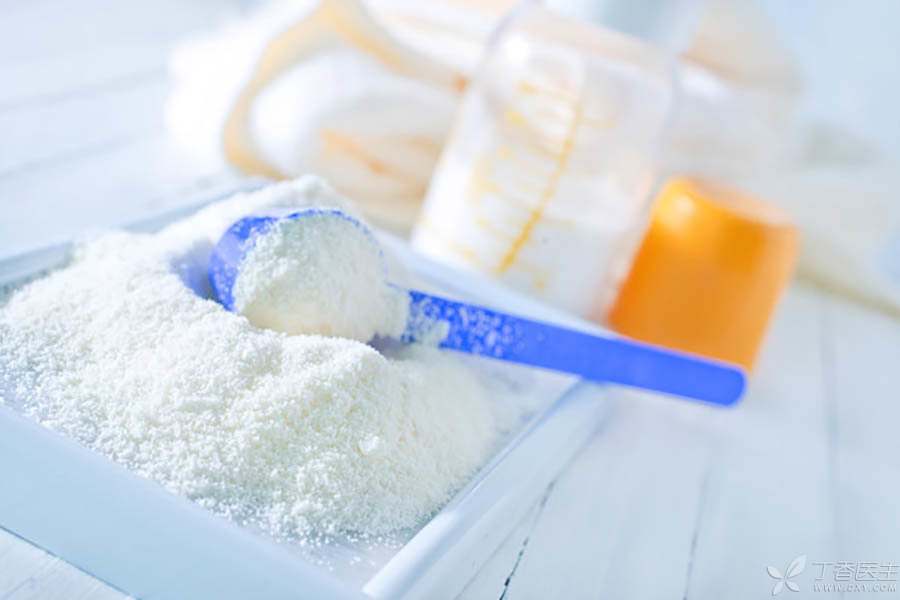
1. It will cause intestinal necrosis and even life-threatening of premature infants.
If the milk powder is too strong, the harm to premature infants is the greatest, even causing intestinal necrosis and even declaring danger.
The development of digestive system and kidney organs of premature infants is much worse than that of ordinary babies. In addition, every time the milk powder concentration is very high, the child’s digestive system osmotic pressure imbalance, the water outside the intestines permeates into the intestines, flatulence is severe, and the early symptoms of acute necrotizing enterocolitis appear. Further development, children will have fever, hematochezia and other symptoms and even life-threatening.
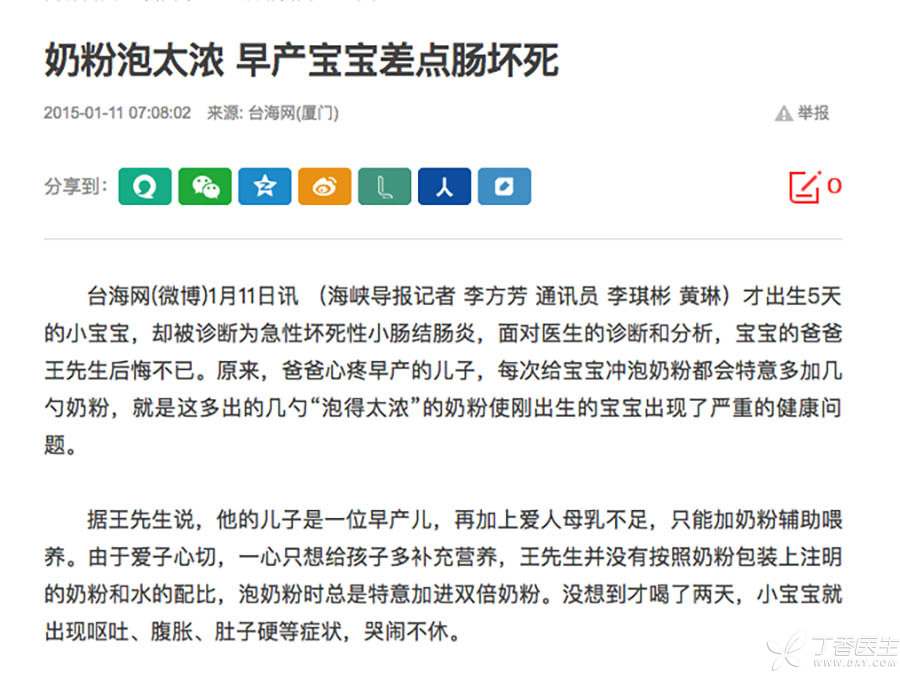
Source: Internet
2. It will affect the baby’s digestive function,
The appropriate concentration of milk powder depends on the proportion of various nutrients in milk powder and the digestion and absorption capacity of babies at different growth stages, which is scientifically based.
Some parents will feel that [the baby suffers from excessive internal heat and constipation after drinking milk powder] or [the milk powder is not suitable for diarrhea after drinking], in fact, sometimes it is because the milk powder is too thick.
The milk powder is too strong and the proportion of nutrients in the milk powder is too strong, which will lead to dyspepsia and difficult defecation of the baby. If the baby’s own gastrointestinal function is weak and the concentration is too high, it will lead to insufficient nutrition absorption, diarrhea, weight gain and other problems.

3. It will affect the baby’s kidney function,
Milk powder contains sodium ions and needs to be diluted with sufficient water.
The capillaries of infants and young children are very tender and weak. If the baby drinks too much milk powder, the sodium content in the blood is too high, which will also affect the absorption of calcium, causing the baby to grow slowly and be short.
Excessive blood sodium content will also increase the burden on the kidney and damage the kidney over time.
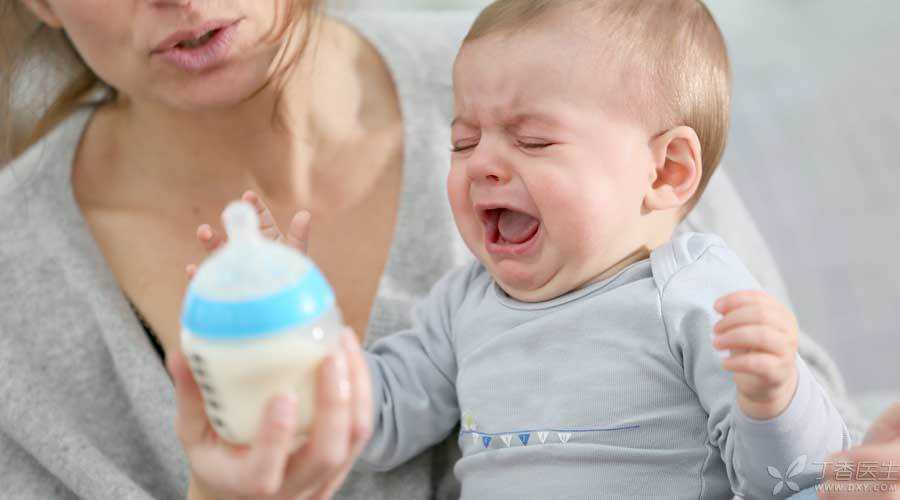
4. It will affect the baby’s absorption of water, and even cause azotemia in serious cases.
Babies fed with milk powder must be supplemented with enough water.
Too strong milk powder will make the baby lose appetite and unwilling to drink water, and the urine volume and frequency will also decrease, indirectly increasing the baby’s kidney burden and causing great harm.
Too strong milk powder also means that the baby ingests too much protein, and the intake of water decreases, the non-protein nitrogen substances produced by protein catabolism will be retained in the plasma, thus leading to azotemia and seriously threatening the life safety of the baby.

5. It will increase the risk of obesity for babies,
Some parents will think that their children don’t have to pay too much attention when they are older, and they are only slightly thicker, so there should be no big deal.
But have you ever thought that the accumulation will greatly increase the risk of obesity for your baby?
The harm of over-thick brewing of milk powder is finished, and the risk of over-thin brewing of milk powder is discussed.
Milk powder is too thin, which is harmful to the baby.
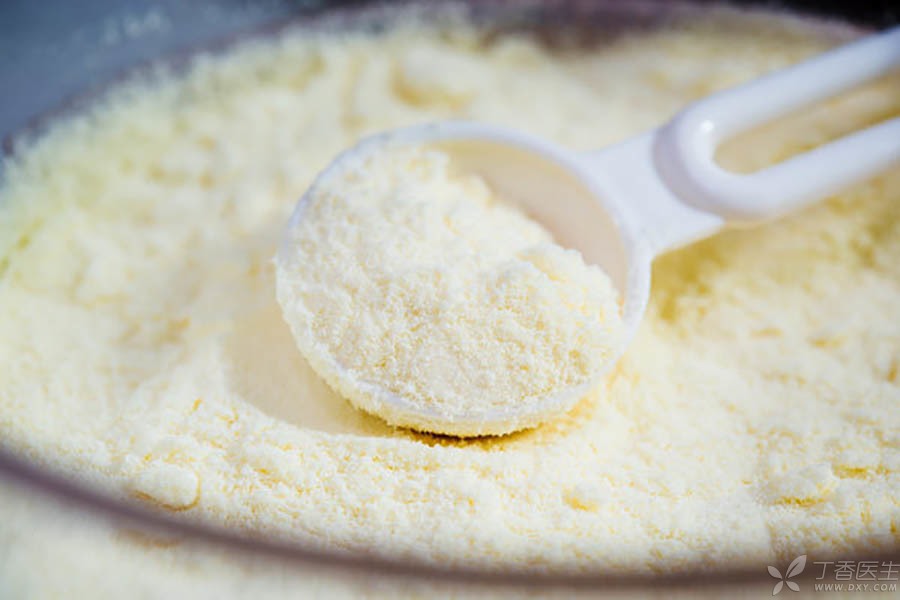
1, will lead to malnutrition of the baby
Milk powder brewing thin, the proportion of corresponding nutrient elements will also decrease, especially the protein content, will cause malnutrition of the baby,
2. Increase the risk of water poisoning for babies under 6 months old,
According to the advice of the American Academy of Pediatrics (AAP), babies under 6 months old do not need any liquid other than breast milk or formula milk, including water and fruit juice.
The moisture content in formula milk here refers to the moisture content in the concentration that is blended according to the standard, obviously excluding the case that the blending is too thin.
The milk powder is too thin to affect the baby’s appetite. Apart from that, the baby’s stomach digestion function is not fully developed. If too much water is ingested, the electrolyte concentration in the body will be out of balance, and water poisoning may occur in serious cases.
In a word, blending milk powder is a big deal.
Parents must mix according to the proportion indicated on the package, and really don’t increase or decrease the concentration of milk powder at will, so as not to [do bad things with good intentions].
